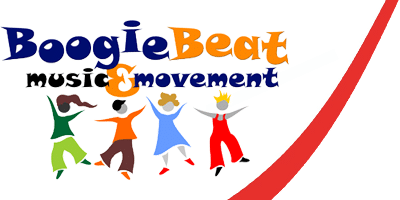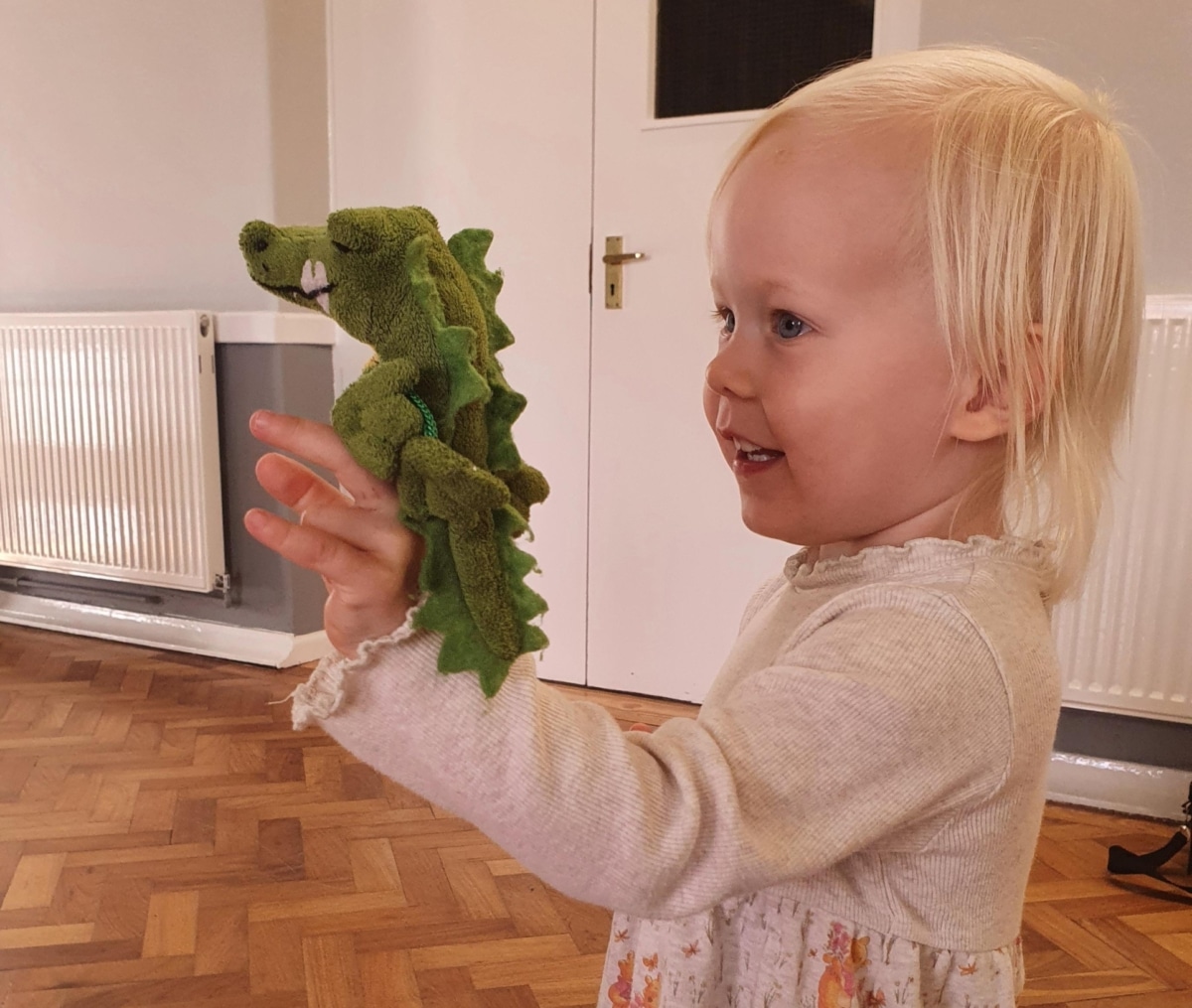At Boogie Beat Music and Movement, we understand that early childhood is a crucial period for brain development, where children absorb language rapidly. One of the key elements in our sessions is the use of nursery rhymes, which may seem simple but are highly effective in supporting language development. Nursery rhymes play a vital role in nurturing communication skills in young children, helping them learn through music, rhythm, and repetition.
The Benefits of Nursery Rhymes in Boogie Beat Sessions
Nursery rhymes have been passed down through generations because they are engaging, fun, and educational. At Boogie Beat, we use them to create an interactive and stimulating environment that naturally supports children’s language development. Here’s how nursery rhymes in our sessions help your children to make a difference:
Enhancing Phonological Awareness
Phonological awareness is the ability to recognise and work with sounds in spoken language, which is crucial for reading and writing. Nursery rhymes are full of rhyming words, repetition, and playful sounds. Songs like “Twinkle, Twinkle, Little Star” or “Little Peter Rabbit” help children recognise patterns in language, making them more aware of how sounds blend and rhyme.
At Boogie Beat, when we sing “4 Little Speckled Frogs,” children aren’t just enjoying themselves—they’re laying the foundation for literacy by learning how words sound and work together.
Building Vocabulary and Comprehension
Nursery rhymes introduce children to a wide range of vocabulary. While the language in rhymes may be simple, it exposes children to new words and concepts. Whether it’s learning new terms like “speckled” or understanding actions like “climbed” and “fell,” rhymes expand their word knowledge.
In Boogie Beat sessions, we bring these words to life through movement and actions, which reinforces their meanings. For example, when acting out “Incy Wincy Spider,” children connect words to movements, helping them grasp new vocabulary through hands-on learning.
Improving Memory and Sequencing
The repetitive nature of nursery rhymes makes them excellent tools for boosting memory and learning sequencing. As children hear and recite rhymes repeatedly, they start to remember the words, the order of verses, and anticipate what comes next. This helps strengthen their memory and enhances their ability to understand the sequence of events in stories.
Boogie Beat sessions take this a step further by pairing words with actions, creating a multi-sensory learning experience that reinforces both memory and understanding.
Encouraging Social Interaction and Communication
In our group sessions, nursery rhymes naturally promote social interaction. Children sing, dance, and move together, creating shared experiences that encourage them to communicate with their peers. They learn important social skills like taking turns, following directions, and engaging with others through songs.
Boogie Beat activities help children develop social communication skills while having fun, making it a win-win for language and social development.
Boosting Confidence in Speaking
For children who may be shy or hesitant to speak, nursery rhymes provide a low-pressure way to practice verbal expression. Singing familiar tunes like “Tiny Tim” or “Old MacDonald” helps build confidence, encouraging children to use their voice in a safe, supportive environment.
Over time, children in Boogie Beat sessions become more comfortable engaging in conversations, speaking clearly, and experimenting with new words, boosting their overall confidence in language use.
Strengthening Listening Skills
Listening is one of the first steps in developing language skills. Nursery rhymes require children to focus on sounds, rhythm, and words, helping them improve their listening comprehension.
At Boogie Beat, whether children are waiting for the next verse of “The Wheels on the Bus” or following along to “If You’re Happy and You Know It,” they’re developing essential listening skills that lay the groundwork for future language success.
Music, Movement, and Language: The Perfect Combination
At Boogie Beat, we pair nursery rhymes with movement because we know that children learn best when they are actively engaged. Physical movement not only makes the learning process more fun, but it also helps children remember and understand the language better.
For example, when children march to “The Grand Old Duke of York” or row along to “Row, Row, Row Your Boat,” they are enhancing both their physical coordination and language skills simultaneously. This multi-sensory approach ensures that children learn on multiple levels, solidifying their understanding of words, sounds, and actions.
Conclusion: How Nursery Rhymes Boost Language Skills
Nursery rhymes are more than just fun songs—they are powerful tools for language development. At Boogie Beat Music and Movement, we use nursery rhymes to enhance phonological awareness, expand vocabulary, improve memory, and foster social interaction. Through music and movement, children build confidence in their communication skills, setting them on a lifelong path of learning.
So, the next time you hear your child singing “Twinkle, Twinkle, Little Star,” know that they’re not only enjoying a beloved tune—they’re building the foundations for language and literacy success!
Not experienced a Boogie Beat session yet? Why not book onto one of our classes across the UK or invite us to visit you preschool, nursery or school with one of our workshops.


